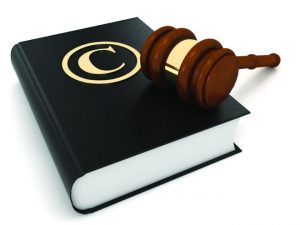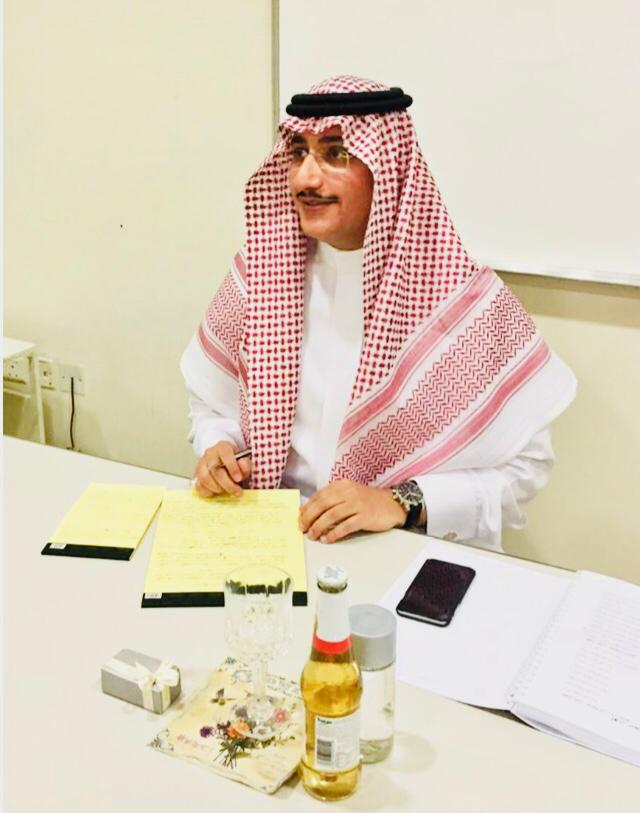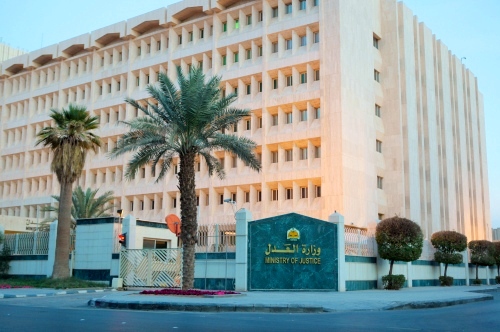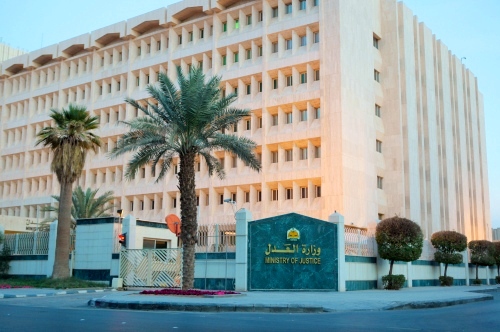Intellectual Property (Copyright)
Intellectual Property (Copyright)

What is Copyright?
Copyright is a legal term that describes the rights granted to creators with respect to their literary and artistic works. Copyright covers a wide range of works, from books, music, oil paintings, sculptures and films to software, databases, advertisements, geographical maps and technical drawings.
What can be protected by copyright?
Full lists of copyrighted works cannot usually be found in legislation.
In general, however, the following are common copyright works worldwide:
1. Literary works such as novels, poems, plays, reference works and newspaper articles.
2. Computer programs and databases.
3. Movies, musical pieces and choreography.
4. Artistic works such as oil paintings, drawings, photographs and sculptures.
5. Architectural works.
6. Announcements, geographical maps and technical drawings.

Copyright protection includes expressions rather than ideas, procedures, methods of work or mathematical concepts per se.
What rights does copyright grant? What are his rights as the author of a work?
There are two types of rights granted under copyright:
1. Economic rights: which enable the owner to derive financial returns from the use of his works by others.
2. Moral rights: They protect the author’s non-economic interests.
Most copyright laws provide that the rights holder has the economic right to authorize or prohibit certain uses in respect of a work or in some cases to receive a remuneration for the use of his work.
1. Reproduction of the work in various formats such as printing or sound recording.
2. Performing the work in front of the public as in plays or musical works.
3. Make recordings of him on CDs or DVDs for example.
4. Broadcast by radio, cable or satellite.
5. Translate it into other languages.
6. Turn it from a story to a movie, for example.

Can copyright be registered?
In most countries, under the Berne Convention, copyright protection is automatically acquired without the need for registration or other procedures.
However, in most countries there is a system that enables the registration of works and these registration systems can help resolve disputes over ownership or creativity, facilitate financial transactions, sales and assignments and / or transfer of rights.






